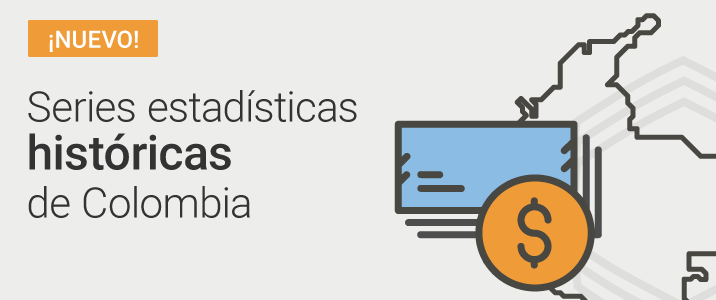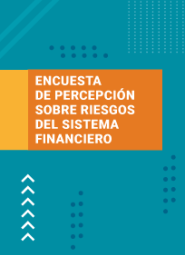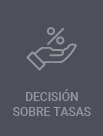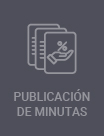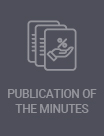Seminario 509. The Effectiveness of Temporary Driving Bans: Evidence from Air Pollution and Urban Transit Flows in Santiago
- PhD Candidate in Environmental and Resource Economics, Michigan State University
Entrada libre. Indispensable inscribirse en el siguiente vínculo: Inscripciones
Hora: 12:00 m. (refrigerio) y 12:30 p. m. (inicio del seminario)
Tiempo de exposición: 12:30 p. m. a 2:00 p. m.
Lugar: Banco de la República, carrera 7 # 14-78, piso 13 (Sala de prensa), Bogotá D.C.
Idioma de la exposición: Español
Resumen del documento: Driving restrictions are common strategies to curb mobile source emissions in many cities of the world. In this study, I use high frequency data on air pollution, vehicle flows, and mass-transit system use to evaluate the effectiveness of short-term driving bans as a mechanism to curb local air pollution in Santiago, Chile. Every winter in this city, a permanent driving restriction bans light vehicles from driving during specific days of the week. This restriction is complemented with short-term bans triggered with the official announcement of 24-hour air quality episodes on days of critical air pollution. I take advantage of the discontinuities in the air quality indexes used to announce these episodes to estimate the causal effect of these incidences, and their driving bans, in reducing ambient concentrations of major pollutants from vehicle’s emissions. As effective driving bans lessen mobile source pollution by getting cars off the roads and pushing their drivers towards cleaner forms of transportation, I also study the effectiveness of this policy using hourly data on vehicle and subway trips, and on the number of users of Santiago’s bus rapid transit. For identification, I employ a fuzzy regression discontinuity (FRD) design that uses the thresholds in the air quality indexes as instruments for the episodes’ announcement. Results show that on average, temporary driving restrictions push on average around 6-9% of cars off the roads during days with episodes, reducing average CO and PM concentrations mainly during late night hours following these occurrences. Evidence on alternative transportation modes suggests that overall, drivers substitute towards the subway during non-rush hours where this system is not at full capacity. Days with exacerbated levels of air pollution, however, show a reduction on in mass-transit use system suggesting that drivers avoid outdoor exposure and stay at home.
Si desea inscribirse a la lista de correos del Seminario semanal de Economía de Bogotá para recibir en su cuenta la información sobre nuestra programación, debe remitir un correo electrónico a la dirección seminariossemanales@banrep.gov.co con el asunto "Inscripción a la lista de correos", cabe resaltar que por esta cuenta no se reciben inscripciones a los seminarios.














